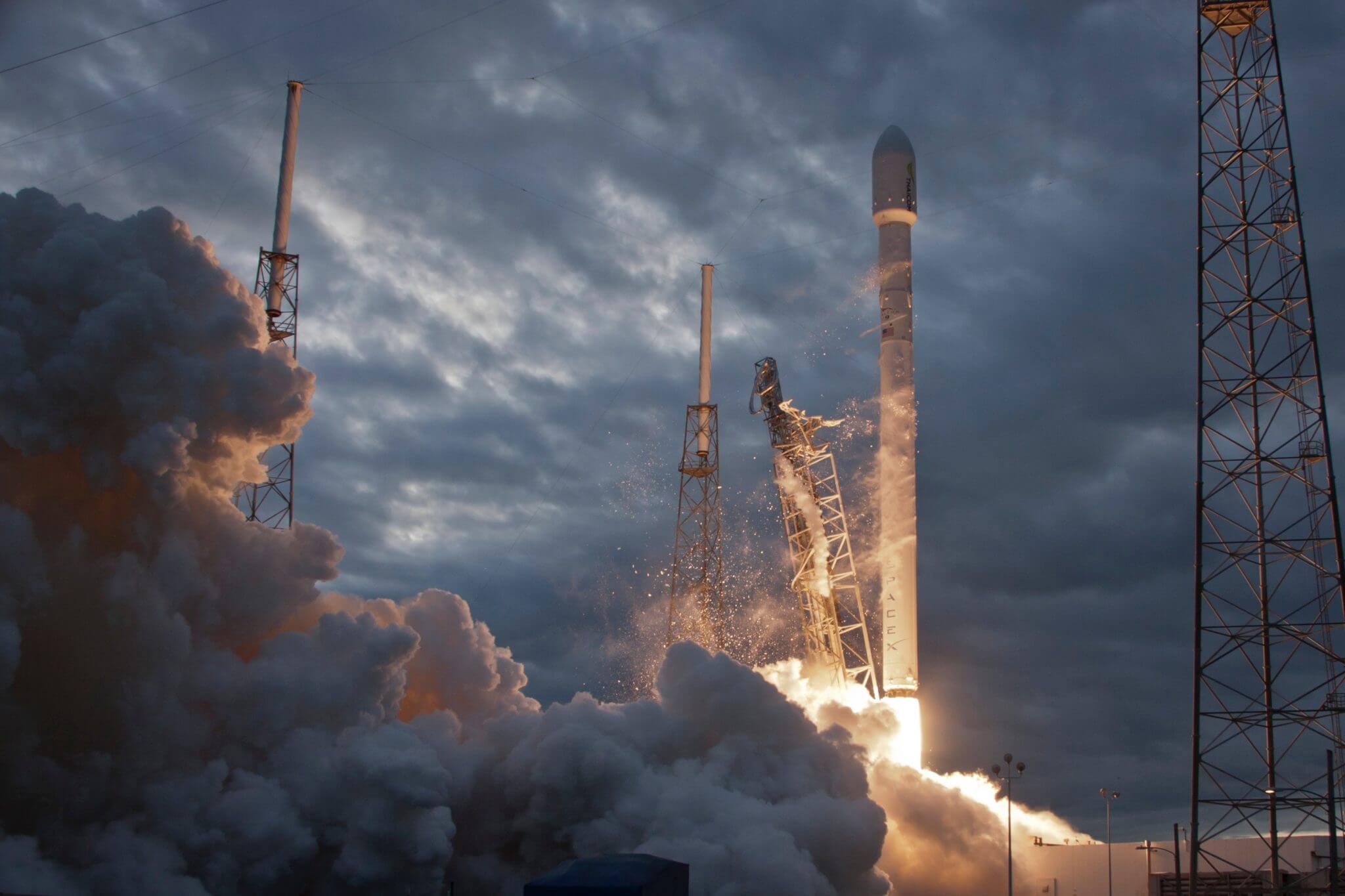Intellectual property law
There are four types of IP: Trade secrets, patents, copyright, and trademarks.
Intellectual property (IP) is the property of your mind, or proprietary knowledge, and can be a design, invention, brand, application of an idea, and more.
Government (and military) procurement law
Government procurement is the process of selling goods, or providing services, to government customers.
The space sector is a growing field in Australian industry, and there are many opportunities for space entrepreneurs to expand their business by working with government to provide both civil and Defence space capabilities.
Laws applicable to launch activities
If you intend to conduct a space launch from Australia, you will need to hold an Australian launch permit.
You will need a license to:
- Operate a launch facility in Australia
- Launch a space object from Australia
- Launch a rocket that does not reach outer space but is considered a ‘high power rocket’
- Launch Australian payloads from overseas
- Return a space object

Liability and insurance
There are rules and procedures to determine the liability of operators when damage to persons and property occurs.
The Act covers any damage that occurs on Earth, in the air or in outer space, whether within Australia or outside Australia, as long as it occurs during the ‘liability period’.
For launching a space object, the liability period is 30 days from launch. For returns, the liability period is until the space object makes landing on Earth.

Space situational awareness
Knowing where space objects are positioned in orbit as well as their trajectories, reduces the risk of collisions and interference with the space activities of others.
SSA also means identifying and understanding potential harmful natural phenomena in space, including electro-magnetic interference produced by ‘space weather’ events, and threats posed to spacecraft by asteroids.
Positioning, Navigation & Timing
‘Positioning, Navigation and Timing’ (PNT) is one of the most central elements to modern technology systems and devices that we rely on day-to-day.
The most recognisable service PNT provides (when combined with map, weather, traffic data, etc.) is global navigation through Global Navigation Satellite Systems (GNSS) such as the United States Global Positioning System (GPS).
Other applications derived from the operation of GNSS provide crucial support to emergency communications, water supply and electrical power grids.
GNSS technology also provides an excellent opportunity for entrepreneurs to develop applications which enhance the effective and efficient operation of space activities as well as a number of activities conducted in the mining, agriculture, construction and transport industries.
Aviation Law
National airspace and outer space are inextricably linked and operators in Australia seeking to conduct space activities can only do so through Australian airspace.
The regulation of that airspace is the responsibility of the Civil Aviation Safety Authority (CASA) through the Civil Aviation Safety Regulations (CASR). Always check with the regulator for their latest official direction, guidance and information.
Australian Export Control Laws
Australia’s export control laws form part of an international effort to restrict the spread of conventional, biological and nuclear weapons and their delivery systems.
This system is in place to ensure the responsible export of defence and strategic goods and technologies, and to encourage the export of goods and technology where it is consistent with Australia’s national interests and international obligations.
Australian space entrepreneurs providing goods and services overseas may need to apply for certain export permits in order to comply with Australian export control laws and the laws of relevant foreign countries.

Spectrum Regulation
Use of the electromagnetic spectrum is the main way we communicate with objects in space.
Spectrum is a finite resource which is allocated between often competing interests. As such, managing this allocation is a key issue for regulators and those operating in outer space. The management of this allocation takes a lot of time, and it needs to be considered early in any related project. Always check with the regulator for their latest official direction, guidance and information.
Start exploring our articles
Find relevant international and foreign laws applicable to you.